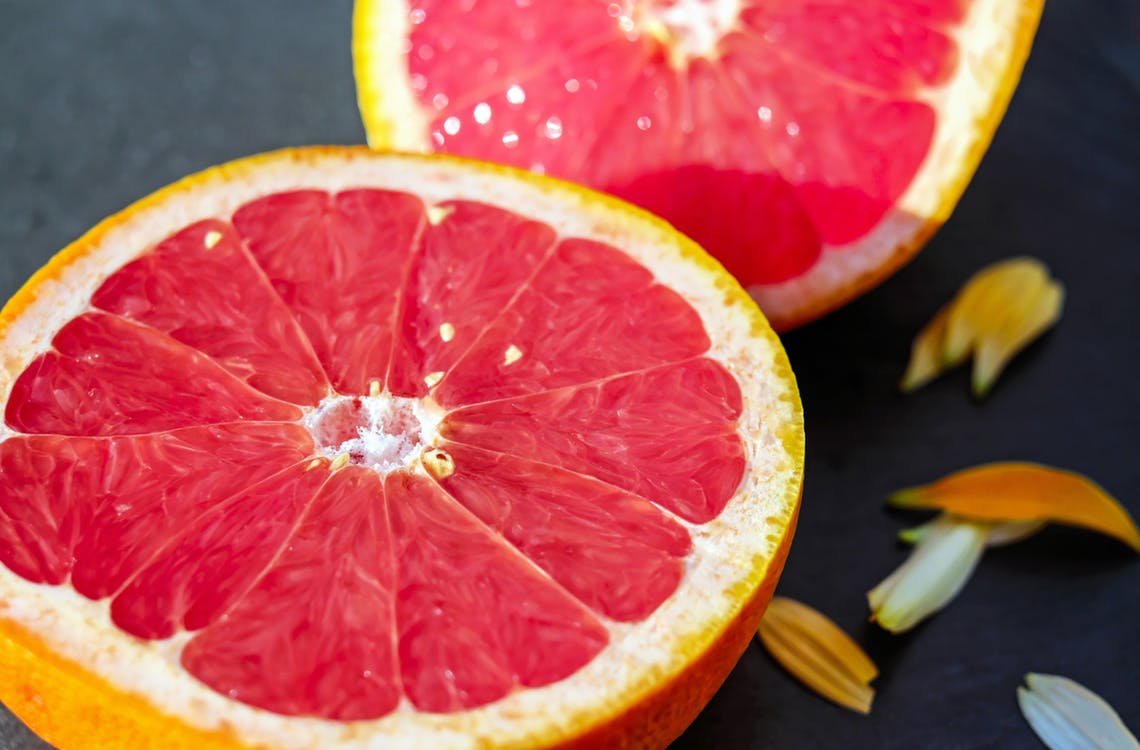The Importance of Oral Health for the Elderly

For those in their senior years, oral health can be a big part of maintaining a high quality of life and keeping unnecessary pain and discomfort at bay.
It isn’t a secret that older people deal with a few more persistent aches and pains than their younger counterparts, and it isn’t so great when you stack sore teeth, gums, and other pains on top of this.
With that in mind, when we reach our senior years, you’re going to want to focus a little more on your oral health to keep things in check and reduce the risk of needing to have teeth pulled, cavities filled, or gingival grafting to tackle issues such as gum recession.
These things noted it’s important to have an oral healthcare routine developed where you can and to make sure that there is a thorough cleaning of the teeth each evening. You will want to make sure that there are no avenues for tooth decay and even tooth loss in the coming years, and so sticking to a routine is a great place to start.
In this article, we will take a look at that importance of oral healthcare for the elderly and how you can make the maintenance of healthy teeth and gums a little bit easier.
Take a look below.
Healthy Teeth and Gums Improve Life’s Quality
As we briefly touched on above, having teeth and gums that are in tip-top shape and routinely checked over by a dentist like the Australian Dental Specialists are going to be a lot less painful or issue-prone than those which aren’t cared for too well.
When we reach the older years, sore teeth and gums, or even wobbly teeth, can cause major discomfort and generally make life a little bit tougher for anyone suffering from these problems.
On top of this, tooth loss can also be a major factor in a reduction of life’s quality in that this change of appearance can cause issues such as anxiety and more, again, making life just a little more tough than it needs to be for the elderly.
Diabetes and Age-related Issues Impact the Teeth
Another key point to keep in mind when it comes to oral health for the elderly is understanding that underlying issues or age-related diseases can impact the teeth further.
That noted, the elderly may be more prone to diabetes, for example, and with that, there is an increased chance of gum disease. From here, gum disease also causes an inflammatory response or reaction, which then worsens diabetes. Think of this as a cycle of worsening that can result in both gum damage and worsened diabetes.
However, keeping on top of oral health, having routine checkups, and making sure that you have a healthy and clean mouth is a great place to start when it comes to keeping both diabetes and gum disease at bay in old age.
Poor Oral Hygiene Can Exacerbate Issues
In a similar vein to diabetes and gum disease, poor oral health can also cause a number of health issues to worsen in older people.
As an example, aspiration pneumonia is connected tightly to poorly maintained oral health, and this is a disease that can actually result in death for older people. As we’re sure you’ll agree when it comes to lifespan, you will want to do everything you can to reduce major issues here.
A second thing to keep in mind is that due to an unclean mouth being a major breeding ground for bacteria, you will find that there is an increased risk for infection and other problems in the throat and respiratory tract. This can result in persisting and routine infections in older people.
One last thing we would like to point out is that poor oral hygiene, which can cause tooth decay, dry mouth, and gum disease, can cause issues with swallowing and eating –– reducing the ability to take medications orally as well as eating. Thereby reducing both quality of life and increasing the chances of snowballing further oral health problems.
Connecting Oral Health to Heart Disease
In line with our mention of diabetes, you will also find that gum disease and other inflammation-causing problems in the mouth can impact the heart.
Outlined by the American Academy of Periodontology, gum disease’s impact on inflammation in the body can majorly impact the heart and cause further issues and complications with the heart that can increase all risks associated with heart disease, including stroke.
That noted you will want to make sure that a solid oral health routine is accompanied by annual or bi-annual dentist visits to ensure there is no appearance or resurgence of gum disease in the elderly.
Tooth Loss and Subsequent Diet Changes
Going beyond the appearance changes for those who lose a tooth, or multiple teeth, there are also changes in diet that follow.
With fewer teeth, and possibly missing teeth in key locations in the mouth, elderly people will have no choice but to partially or majorly change their diet to better keep on top of their foods. This will mean that a reduced level of nutrition is expected and can cause a rolling effect on the rest of the body’s health.
One major food group that suffers when tooth loss is concerned are fruits, vegetables, and certain meats, which is a significant issue when it comes to essential nutrition in older people who require a more nutrient-filled diet to combat the body’s reduced ability to digest foods.
The Takeaway
With all of our points above out of the way, it’s easy to understand that oral health is imperative for those in the elderly age group, given that any issues with the teeth can cause a knock-on effect that alters everyday life for the worse.
However, a number of these issues can be prevented with routine dentist visits as well as a nightly oral health routine that ensures the mouth and teeth are kept clean and free of bacteria before bedtime.


